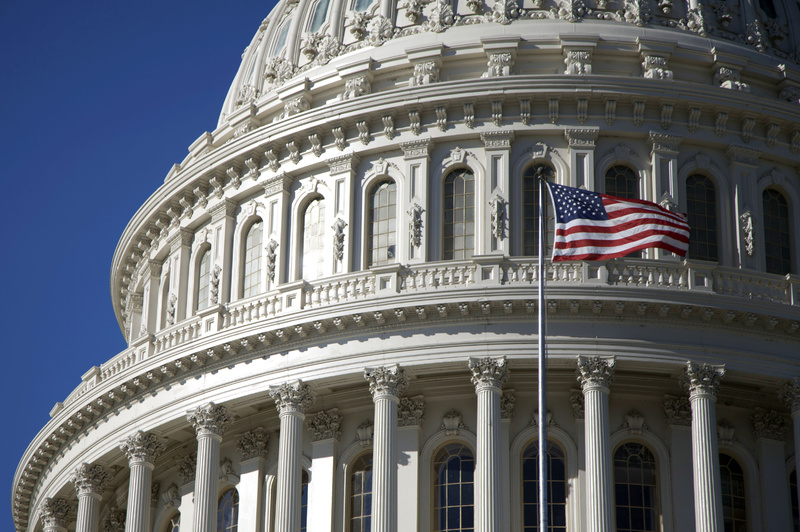WASHINGTON – The tradition-laden Senate voted Thursday to modestly curb filibusters, using a bipartisan consensus rare in today’s hyper-partisan climate to make it a bit harder but not impossible for outnumbered senators to sink bills and nominations.
The rules changes would reduce yet not eliminate the number of times opponents — usually minority Republicans these days — can use filibusters, procedural tactics which can derail legislation and which can be stopped only by the votes of 60 of the 100 senators.
In return, the majority — Democrats today — would have to allow two minority amendments on bills, a response to Republican complaints that Democrats often prevent them from offering any amendments at all.
The new procedures also would limit the time spent debating some bills and nominations, allowing some to be completed in hours that could otherwise take a day or more.
The changes were broken into two pieces and approved by votes of 78-16 and 86-9.
Maine Sens. Susan Collins and Angus King voted in favor of both measures.
The two votes and a brief debate took less than an hour, impressively quick for the Senate. They came after a more typical day that featured a sprinkling of senators’ speeches and long periods when the Senate chamber idled with no one talking, while private negotiations off the floor nailed down final details.
The pact leaves the Senate’s minority party with far more power than it has in the House, where rules let a united majority party easily muscle through its priorities.
It also falls short of changes Senate Majority Leader Harry Reid, D-Nev., had been threatening to ram through using the 55 votes Democrats have, a technique nicknamed the “nuclear option” because it is considered likely to produce harsh GOP retaliation that could grind work to a virtual halt.
“I’m glad cooler heads have prevailed here once again, and those who were clamoring for the nuclear option, most of whom have never served a day of their lives in the minority, didn’t prevail,” McConnell said in a written statement.
He added that Republicans felt rules changes were not needed, merely a willingness by both parties to allow “vigorous debate and a robust amendment process.”
Democrats say Republican use of filibusters has become almost routine and far too frequent. Republicans say they use it because Reid often blocks them from offering amendments.
Send questions/comments to the editors.



Success. Please wait for the page to reload. If the page does not reload within 5 seconds, please refresh the page.
Enter your email and password to access comments.
Hi, to comment on stories you must . This profile is in addition to your subscription and website login.
Already have a commenting profile? .
Invalid username/password.
Please check your email to confirm and complete your registration.
Only subscribers are eligible to post comments. Please subscribe or login first for digital access. Here’s why.
Use the form below to reset your password. When you've submitted your account email, we will send an email with a reset code.